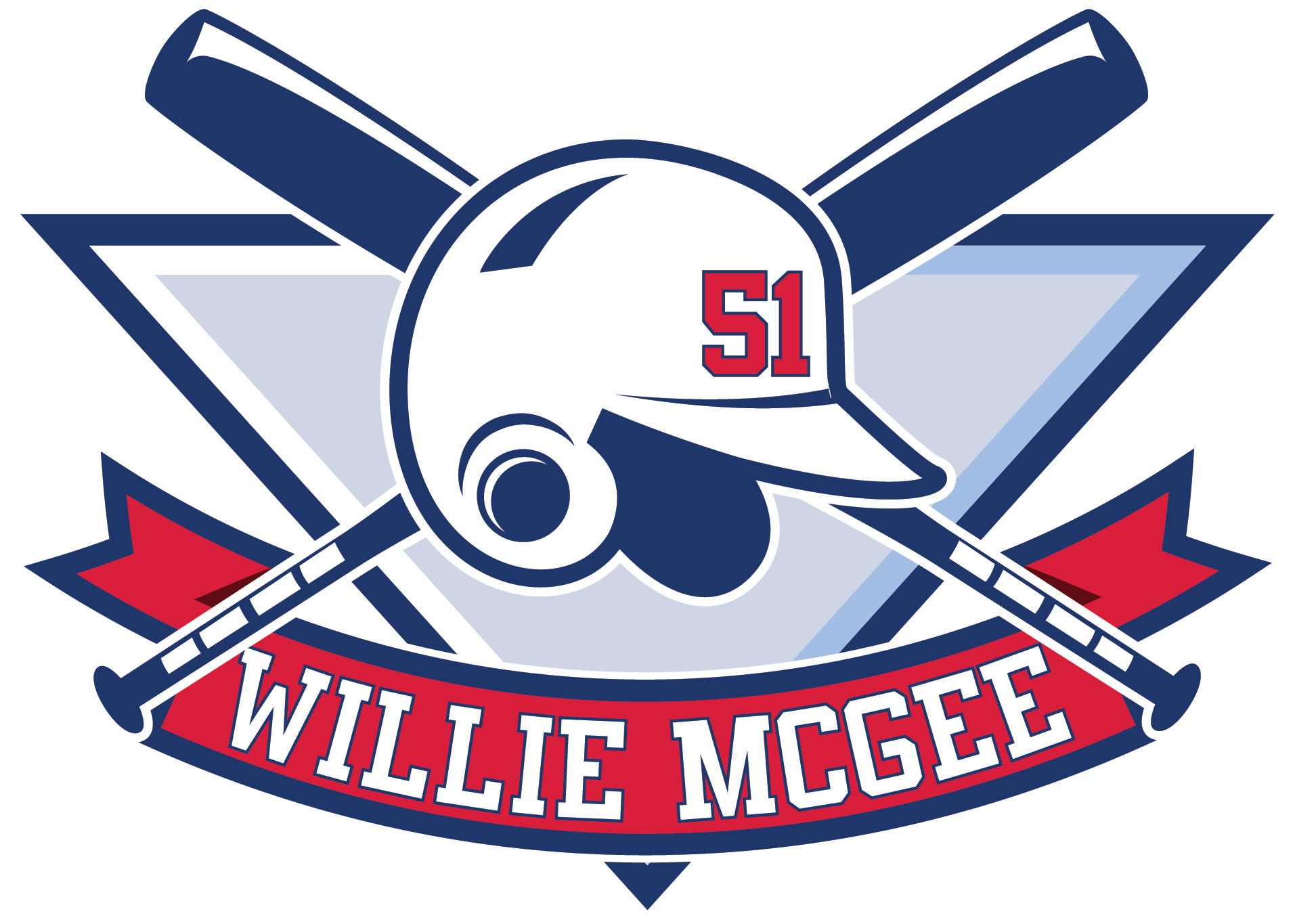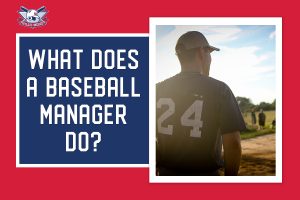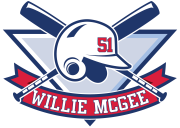In the final year of his career, baseball legend Willie McGee received a standing ovation every time he came to bat. It was a fitting end for an All-Star who played with the San Francisco Giants, Oakland Athletics, St. Louis Cardinals and Boston Red Sox — and was the 1985 National League
MVP.
Now McGee, 47, who was born in San Francisco, raised in Richmond and lives in Hercules, is using his All-Star name to help Bay Area youth by forming the Willie McGee Foundation.
On Friday, McGee was joined at Oakland’s Castlemont High School by U.S. Reps. George Miller, D-Martinez, and Barbara Lee, D-Oakland, to announce workshops to help East Bay students get college scholarships.
The 9-month-old foundation is the latest way the 1976 graduate of Richmond’s now-defunct Harry Ells High School is giving back to the community.
His presence is desperately needed in Richmond, where city budget cuts last year left youths without athletic equipment. At John F. Kennedy High School, the varsity team had only one bat, no baseballs and no bases last season.
McGee decided to start the foundation after hearing that $16 million in budget cuts for the 2004-05 school year left students throughout the Richmond school district without music teachers, librarians, school counselors and sports.
“He’s very much needed,” said Landrin Kelly, who grew up idolizing McGee’s talents in high school. “The guns are rampant through the streets. Kids don’t care if they live or die. They don’t think they have a future. He tries to show them there is a better way.”
Last year, Kelly’s 18-year-old son, Terrance, a star football player for De La Salle High School in Concord, was killed in a shooting less than 48 hours before he was to leave for the University of Oregon.
In the weeks after Terrance’s death, McGee offered his support, and he now is working with Kelly to start a youth foundation in Terrance’s name.
“He said, ‘Your son was on his way — don’t give up on the community now,’ ” Kelly recalled. “It just helped me to keep on and get through this.”
McGee grew up in a family with three brothers and two sisters. He said they didn’t have a lot of material possessions but did have a strong spiritual foundation provided by his father, Hurdice, and his mother, Jessie Mae.
“He was there to make sure you stayed straight,” McGee said of his father, who picked cotton in Louisiana in his youth and later drove a forklift at the naval supply center in Oakland.
“We’d do janitorial work around Richmond; we’d have to go around town and clean up,” McGee recalled. “We didn’t understand it at the time, but later in life, I wasn’t afraid to get my hands dirty. It served me well in my career.”
Friends recalled McGee as quiet and focused, an outstanding athlete intent on honing his skills.
“I used to look up to him and how he played,” Kelly said. “I wanted to follow in his footsteps.”
McGee never really talked about becoming a pro athlete, said close friend Jarvis Brown, 44, of Richmond, who is now president of McGee’s foundation. Still, McGee said, his mind was focused on baseball, sometimes to the detriment of his studies, which he regretted even after he made it to the big leagues. He went to Diablo Valley Community College in Pleasant Hill for only one year. He then went to play in the minor leagues.
McGee was called up to the majors in 1982 by the Cardinals to replace injured outfielder David Green, and he helped the Cards defeat the Milwaukee Brewers in the World Series. The next year, he earned his first Gold Glove and appeared in baseball’s All-Star Game.
McGee, a four-time All-Star outfielder, spent most of his career with St. Louis. He played four years with the Giants and part of one season with the A’s. His 18-year major -league baseball career included three Gold Glove awards.
In 1993, when he was with the Giants, a torn Achilles tendon forced him to miss more than a full season, prompting McGee to go back to school.
“I had all this time on my hands, so I went back and took a marketing class,” McGee said. “It had bothered me. I wondered if I had a learning disability. It’s something I just had to do.”
McGee said the experience helped reinforce the importance of getting a good education, something he wants to share with kids today.
He said it hadn’t been hard to walk away from baseball when he retired in 1999. “I had four daughters,” McGee said with a laugh. “I had stuff to take up my time.”
Since retiring, McGee also has worked as an assistant coach for the Contra Costa College baseball team, bought new uniforms and helped open a new baseball field.
Friends say that no matter what city he played in, McGee’s heart was never far from his Richmond roots. During his rookie season, he bought youth uniforms for participants in the city’s new Police Athletic League, said Comilas “C.A.” Robertson, former executive director of Richmond’s PAL.
“We started with a soccer program in Richmond, and we took over the park from the drug dealers,” said Robertson, 60, of Antioch.
Throughout his career, McGee would return in the off season to go with Robertson to elementary schools and speak to children during assemblies. In 1984, McGee purchased 20 computers to help PAL start a computer center in Richmond, and his brother built desks for the center, which now has about 50 computers and serves more than 300 youths.
Kelly recalled how in 1994, McGee had helped the Richmond Athletic Youth Association’s baseball team, which was about to fold, by paying its outstanding bills.
“Baseball didn’t change him,” said Brown, the president of McGee’s foundation. “If it had, he wouldn’t be doing what he’s doing now.”



